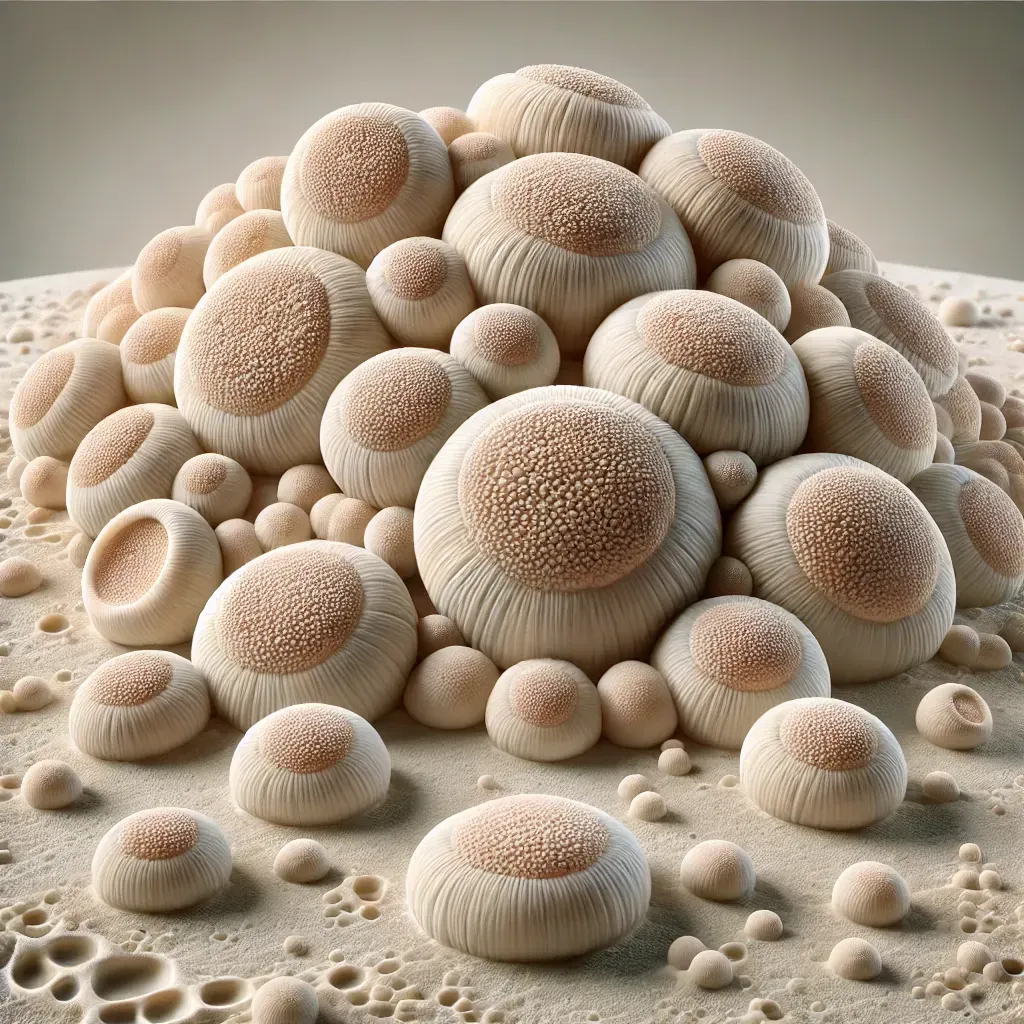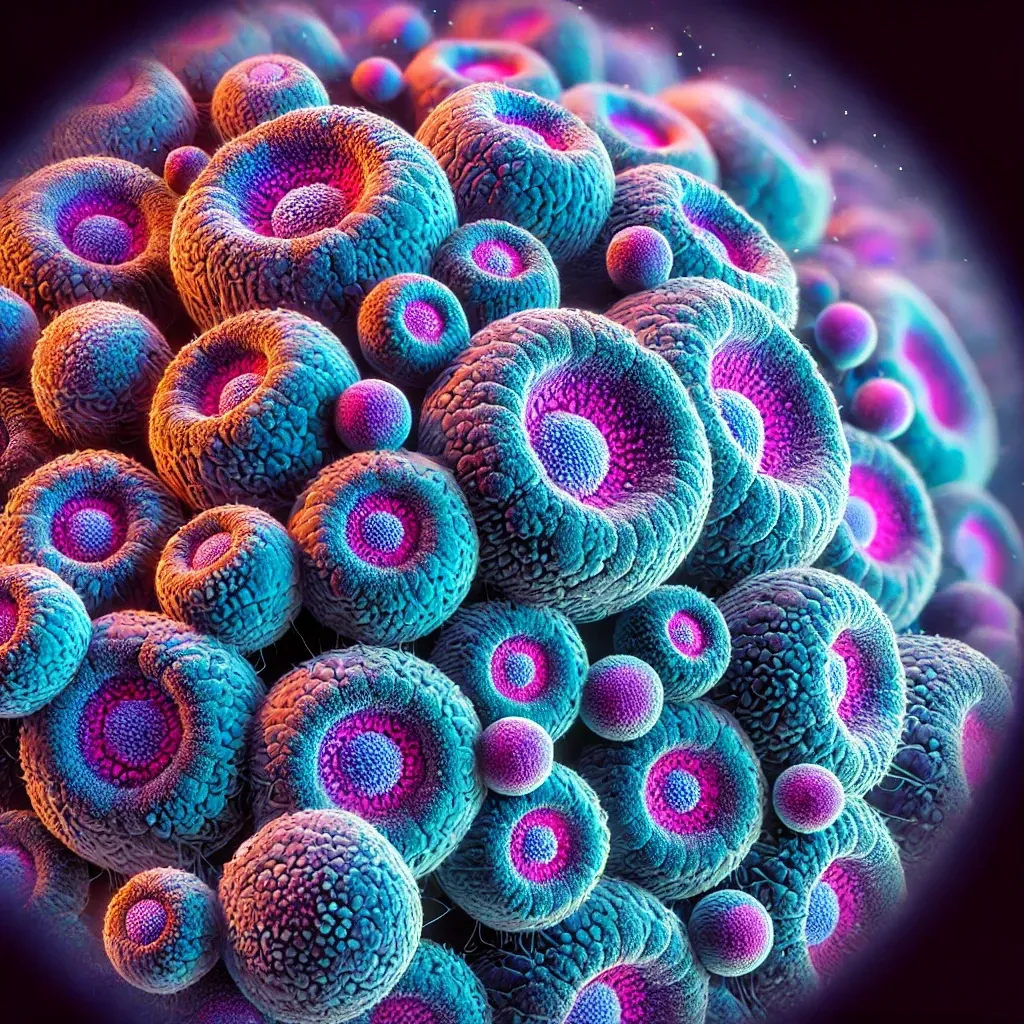Is Green Tea Healthy?
Caffeine causes Adrenal Fatigue but Can Green Tea Still be Super Stuff?

Why Green Tea is Great Tea
Green tea is a true superfood. It boasts superior health benefits to all other mainstream teas (besides, perhaps, white tea) and has been used as a wellness remedy for thousands of years. It’s accessible, affordable, and is absolutely something to consider adding to your own routine. This article will dive into some of the powerful benefits of green tea, as well as address some confusing questions surrounding it.
Firstly, what is Green Tea
There can be a lot of confusion, with types of “tea” becoming more numerous every day. Is herbal tea the same as green tea? What are the herbs in green tea?
Green tea is one of the true teas. That means it is a product of the original tea plant (Camellia Sinensis). This is the primary herb in green tea.
There are a few teas that derive from this plant and are therefore considered true. White tea is the only direct alternative to green tea; it boasts almost all the same benefits and is, in fact, slightly less processed. However, white tea is made from a scarce part of the tea plant resulting in quality tea being more expensive. The other true teas are Black, Oolong, and Pu’erh, which are all more processed and oxidized, leading to different effects.
But is green tea a herbal tea? Surely if it has a herb in it, then it would be considered herbal?
Confusingly, no. Herbal teas typically refer to teas other than true teas. The true teas stand in a class of their own.
The Benefits of Green Tea for Health
Green tea consumption has been shown to have wide-ranging positive effects on health.
Weight Loss and Burning fat
Green tea is most well known for its weight loss benefits. While this often shouldn’t be your primary concern (better to focus on well-being and let the weight loss follow), the effects of green tea on weight loss can’t simply be overlooked. Research has shown it is able to
enhance the fat-burning effects of exercise and is also effective in breaking down more fat at rest (though the latter is unlikely to produce a notable change in the absence of other factors).
Cognitive Function and Brain Health
Green Tea produces a notable short-term effect of calm focus, which can be a useful resource in many circumstances, especially for professionals.
That said, green tea is also thought to
delay the deterioration of brain health as we get older when consumed in moderation. There is also research that suggests it can have
positive effects on Alzheimer's risk, though it is not an effective treatment on its own.
Anti-inflammatory Properties
Struggling with hidden inflammation? Green tea has been demonstrated to
reduce inflammatory effects in people with inflammatory diseases and has been used to combat inflammation as a traditional treatment for centuries.
Reduced Cancer Risk and General Longevity
While findings are not conclusive, there is evidence that consistent green tea consumption can
reduce cancer risk across the board. There is also evidence that green tea
can decrease the risk of death from any cause.
Reduced Risk and Improved Management of Diabetes
There is significant evidence that green tea can help
reduce the risk of and ease the impact of diabetes.
How does Green Tea have these Effects?
The two main active ingredients in Green Tea are caffeine and a group of compounds known as catechins, most notably EGCG (Epigallocatechin-3-gallate).
Caffeine is the world's most used psychoactive drug, and typically it’s no bad thing to be without it. However, it has several health benefits when used in moderation, especially in Green Tea (where L-theanine helps to balance out the stress response). It’s important to note that caffeine is very bio-individual, so your reaction to it may be negative. It’s also essential not to lean too heavily on caffeine as that’s when its negative impacts become really pronounced. Check out my article on adrenal fatigue and caffeine, a potential side effect of overuse: “Caffeine and Adrenal Fatigue. What’s the Buzz About?”.
Caffeine is, of course, well known for its benefits towards short-term mental acuity. It causes neural excitation, which results in a general state of alertness and attentiveness. It is likely to be related to the long-term mental benefits of green tea, but research is decidedly inconclusive.
Furthermore, caffeine plays a significant role in the weight loss effect of green tea due to its very well-researched properties as a metabolic accelerant (meaning it speeds up your body's use of food stores and energy production). It is often the key active ingredient in fat burner supplements and is widely used by athletes in weight-classed sports to hit their target weights.
But caffeine is a relatively common ingredient that can be commonly found in coffee and energy drinks. What really sets green tea apart from the other caffeinated beverages is EGCG.
EGCG is a powerful antioxidant. Its primary benefit from this feature is that it neutralizes particles called “free radicals”, which make a habit of damaging your body's cells. It is one of the most effective naturally accessible antioxidants, meaning it does this job exceptionally well.
It’s thought that this is a key mechanism for many of green tea's benefits. For example, free radicals can increase cancer risk by disrupting cells and making cancerous mutations more likely. Furthermore, damaged cells can lead to inflammatory responses or worsen those already occurring. In reducing free radicals, green tea helps to protect the cells against damage and stay the hand of symptoms.
EGCG is also responsible for the preventative and alleviating effects of green tea on diabetes. Its antioxidant effects are also a component here (amongst other mechanisms) but are overshadowed by its ability to directly improve insulin resistance.
Green Means Go!
Ultimately, these benefits and positive mechanisms of effect (which there are more of beyond what has been discussed here) all come together to improve your long-term health and longevity. For more ways to continue your journey to a healthier lifestyle free of fatigue, check out my course
EnergyRx!
Don't Miss Out!

Heidi Toy Functional Medicine Blog






















































































